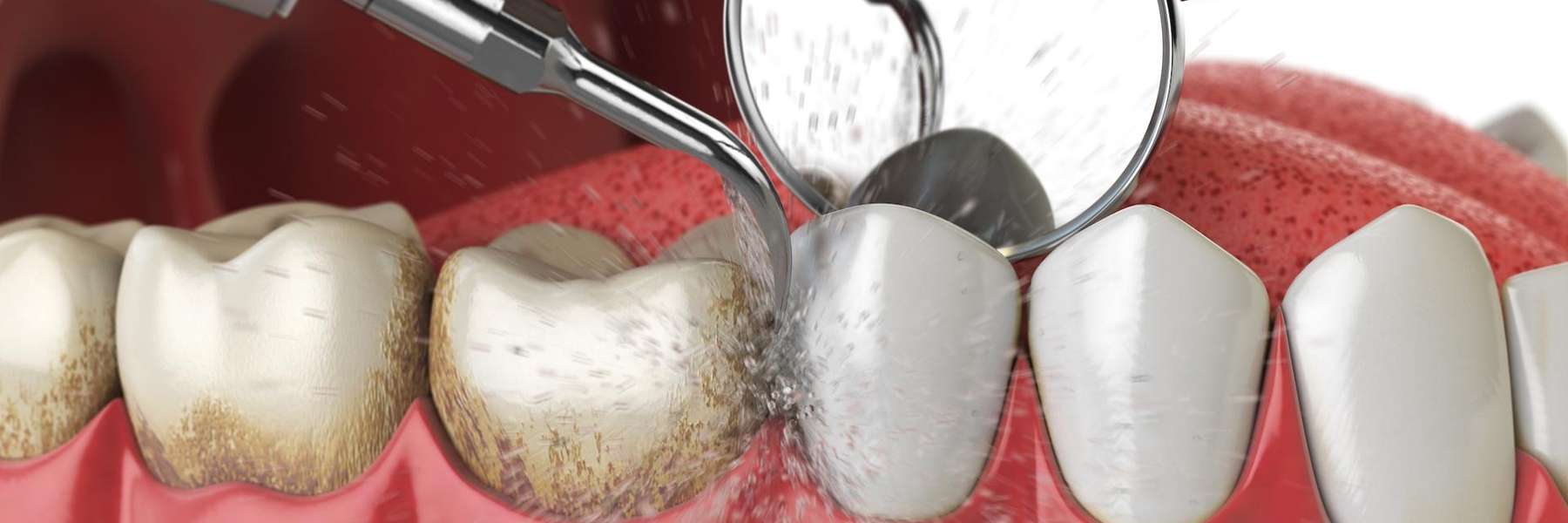
Maintaining a healthy smile begins with cavity prevention. Cavities are a common dental issue that stems from erosion of the teeth’s protective outer enamel due to acid or plaque buildup. However, with proper oral hygiene habits and preventive measures, we can all significantly reduce our risk of developing cavities.
In this comprehensive guide, we'll explore all you need to know about cavity prevention. We will better understand their causes and identify practical and easily implemented habits and strategies to ensure that they don’t arise in the first place!
Let’s dive in and explore some of the techniques at our disposal that can help keep our pearly whites robust and cavity-free for years to come!
What Are Cavities and What Risks Do They Pose?
Cavities, or dental caries, are areas of tooth decay caused by a sticky bacterial film called “plaque” and excessive exposure of tooth enamel to highly acidic foods and beverages. Cavities typically develop when plaque accumulates on the surfaces of teeth and along the gumline. This accumulation produces acids that, with poor oral hygiene practices and, in the absence of professional treatment, weaken the enamel.
If left untreated, cavities can progress deeper into the tooth, leading to pain (sometimes quite severe), infection, gum disease, and potentially even tooth loss. Untreated cavities can also contribute to systemic health issues like cardiovascular disease and diabetes. Early detection and treatment of cavities are crucial for preventing further damage and preserving our teeth, gums, and overall well-being.
Here are our top tips!
Maintain Proper Oral Hygiene Practices
The simplest yet most crucial and effective way to prevent cavities is through a commitment to brushing your teeth at least twice a day with fluoride toothpaste, flossing at least once a day, and using antibacterial mouthwash to remove cavity-causing plaque from between your teeth and along your gumline.
Choose an Effective, Cavity-Preventing Toothpaste
Selecting the right toothpaste is vital to preventing cavities. Look for a toothpaste that contains fluoride, which strengthens tooth enamel while helping to protect against decay. When choosing a toothpaste, make sure you see the American Dental Association (ADA) Seal of Acceptance for guaranteed effectiveness.
Limit Your Consumption of Overly Sugary and Acidic Foods and Beverages
The sugars in many of our favorite snacks and beverages like candy, chocolate, and soda create a friendly environment for plaque-causing bacteria. Meanwhile, highly acidic foods and drinks, like citrus fruits and coffee, can erode tooth enamel and make teeth more susceptible to cavities.
To reduce the risk of your diet to your dental health, limit your consumption of overly sugary and acidic foods and beverages and focus instead on a diet loaded with fresh fruits, vegetables, nuts, and whole grains.
Drink Lots of Water
Drinking water throughout the day helps rinse away food debris and bacteria and neutralizes acids in the mouth. Regularly drinking water also promotes saliva production, which helps protect against cavities. Plus, staying hydrated is never a bad idea!
Visit Your Dentist Regularly
Commit to attending routine dental cleanings and exams every six months or as your dentist recommends. These routine cleanings and exams allow your dentist to identify and quickly and easily treat cavities (or any other issues) in their earliest stages.
Cavity Prevention and Dental Fillings in Brandon, FL
If you’re in the Brandon, FL, area and have a cavity that requires treatment or simply want to ensure that cavities never threaten your oral health, contact dentist Dr. Sarah Barr and our friendly and knowledgeable Walker & Barr DMD team to schedule a consultation!
